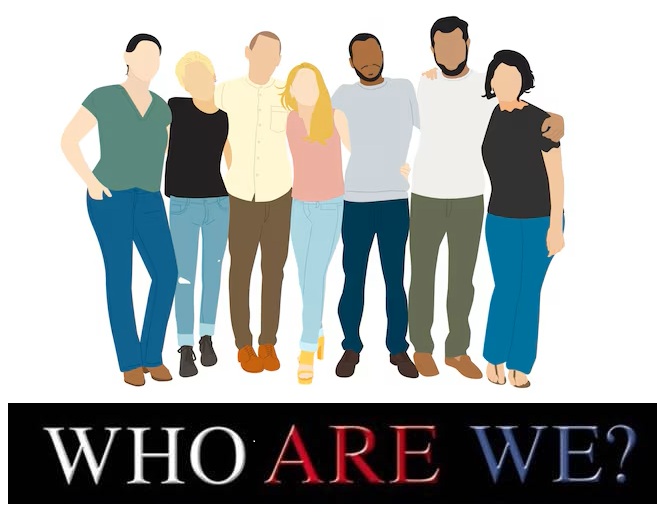Throwing
Stones
I am
sure you have heard the saying, “People who live in glass houses shouldn’t
throw stones.” Of course, there are
other sayings and quotes which make a similar point; don’t be too quick to
judge. I have to stop and think at times
to question my own thought patterns and behaviors. By nature, I am one who begins to analyze,
observe a person upon my first meeting; my first impression. I listen to the words and manner in how one
communicates, watch body language for contradictions and keep one sided stories
in mind hoping to hear validation from others who might tell me the same
stories with their own twists. I am also
watching how one might interact or socialize with others. Do your best not to watch movies with me
based on a true stories, if I am not crying then I am clearly using my eyes and
ears via analytical mode, ha, ha! From
my studies in Social Work, Pastoral Counseling and various readings in Human
Behavior and Self-help books; my “assessment” mode will mostly be on alert. This skill is helpful when meeting with
clients or with my staff because the process can be constructive; like seeing
one’s own reflection in a mirror. In
fact, I like to observe a person for a while before I make my final
assessments. With friends, I take my
time to observe them before allowing them into my circle; at least along the
edge of the inside ring. But, if I am not
careful I can easily cross into the “stop judging me” or “don’t judge a book by
its cover” arena. I can become critical;
judgmental, throwing stones. Ouch!
In
today’s society, it is a challenge not to be judgmental. We are constantly on our iPhones, Androids
and Windows devices watching each other, following each other on Facebook,
Twitter, Instagram and Chat. And, we are
most likely to be pointing our fingers at one another for their mishaps,
mistakes and bad behaviors. You heard
this saying, “When you point your finger at another, three are pointing right
back at you.” We are so quick to judge,
point a finger and condemn. We tend to
criticize more than praise. And we are
quick to hide our own irresponsibility even to the point of denying our own
part in certain ill behaviors and hold ourselves accountable; we are no better
than the other. Paul of Tarsus quoting
from Psalms in Romans 3:10 says, “As it is written, there is none righteous
[good], no, not one.” Working in the
field of intimate partner and family violence “power and control,
responsibility and accountability” are terms we hear quite often. Reported statistics state that 95% of victim
survivors of violence are women. Most of
the perpetrators identified are men; they have the power and control and many
of them do not take responsibility or hold themselves accountable, throwing
stones.
Here
is an incident that I love reading about in John 8:1-11. I use this passage in the Bible when
discussing accountability and blaming when discussing the dynamics of domestic
violence. The men of Jerusalem,
particularly the religious leaders brought a woman to Jesus who they claimed
was caught in adultery. Of course,
according to their law written down by Moses, a woman caught in adultery was to
be stoned to death. The men who brought
the woman were ready to throw stones and wanted Jesus’s thoughts on the matter
and hoped that Jesus, being a man would agree to throwing stones and, if he
went against the law they would be able to condemn Jesus in the process. Jesus stooped down and wrote in the
ground. What did he write?
Where is the man?
Hypocrites
Jesus
stood up and all he said was this, “He that is without sin among you, let him
cast a stone at her.” Then Jesus stooped
to the ground and wrote again.
The woman did not commit
adultery by herself
Hypocrites
You men are just as
guilty
Hypocrites
I so
love what happened next. The writer of
the Gospel John records that the men being convicted, turned one by one and
walked away until there was no one left except Jesus and the woman. When Jesus stood up and saw that they were
alone he asked the woman, “Where are your accusers,” she said no one. No one is throwing stones.
My
father was one to be “throwing stones.”
He would always find a reason to blame my mother for what did not go
right for him. “Your mother is to blame,”
he would say. “It’s her fault.” My father’s kicks, punches and hair pulling
were all his “throwing stones.” They
hurt. They left scars and bruises;
physically, mentally and emotionally. To
you I leave this final word; men in particular….
Stop Throwing Stones!





😊 keep at it.
ReplyDelete